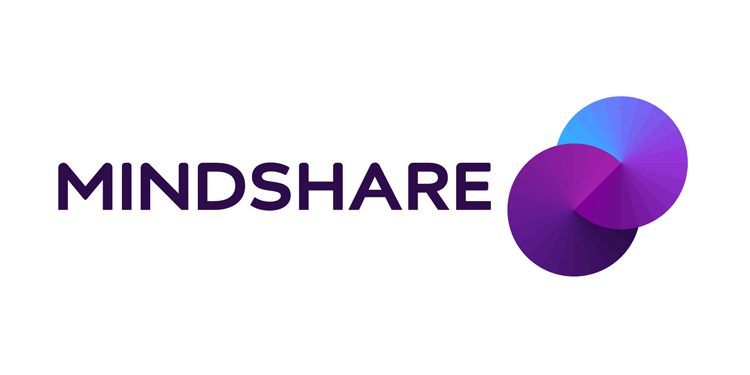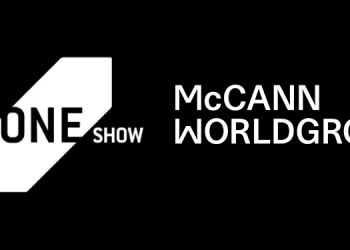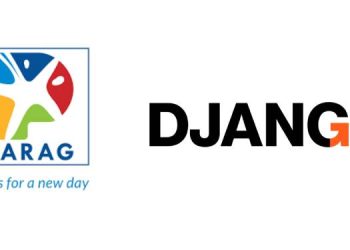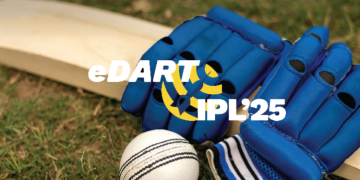Mindshare, the media agency network that is part of WPP, has successfully provided seamless end-to-end reconciliation of the programmatic supply chain using blockchain for PepsiCo in partnership with Zilliqa Research, Rubicon Project, MediaMath and Integral Ad Science.
The test ran in March 2019 in Asia Pacific with a control versus test budget to measure its benefits. Mindshare observed up to 28% increased efficiency in terms of costs for viewable impressions, in running the campaign through smart contracts, versus one without.
The initiative was run as part of Project Proton, which was announced six months ago and which is designed to explore solutions to address industry challenges in programmatic advertising. It does so by automating the process utilizing smart contracts built on a dedicated deployment of Zilliqa’s blockchain. These smart contracts reconcile impressions that are delivered from multiple data sources with payments facilitated using an internal Native Alliance Token (NAT) all in near real time, resulting in major efficiency gains and complete transparency for the brand owners.
Project Proton currently automates settlements based on viewability-verification methods, thereby enabling a business model in which advertisers need to only pay for the ad impressions that have been deemed viewable, brand-safe and free from any ad fraud. The entire transaction process is transparent to the brand at each step, including the payments made to each party between the brand and the publishers and it is all encrypted to ensure all stakeholders in the supply chain can only view information relevant to their specific role.
Mindshare is also testing the efficacy of Project Proton to better leverage its unique features in building consensus in an energy efficient way and managing very high throughput in transactions, that characterize the digital inventory supply chain.
Zilliqa’s blockchain technology enables advertisers to deliver their full campaign budget on valid and viewable impressions. In contrast with the current process, where reconciliations are done after a campaign is completed, the blockchain-based solution reconciles it several times a day and could reduce inefficiencies in costs.
Gowthaman Ragothaman, Global Lead for blockchain across GroupM, said: “The impact on marketing budgets and performance brings great value to the advertiser. We will expand the alliance and keep developing more features on the smart contracts to include more media performance metrics to make it even more effective.”
Erich Wasserman, co-founder and head of strategic business development at MediaMath, said: “We are delighted by this partnership as it matures solutions that further the promises of transparency and performance in programmatic marketing. We look forward to growing the addressable data and media supply chain that that can take full advantage of the powerful optimization tools that buy-side platforms afford advertisers.”
Max Kantelia, Co-Founder of Zilliqa Research said: “We are proud to work with Mindshare and other leaders and influencers within the global media landscape. This alliance illustrates the power of smart contracts and serves as a reminder that blockchain can drive business benefits to industries beyond just finance. As Project Proton unfolds, we eagerly await to assess its impact and how we could – along with Mindshare’s expertise and insights – develop it on our scalable and secure platform.”
Commenting on the results, Farida Shakhshir, Director of Consumer Engagement for PepsiCo AMENA said: “We are happy to be partnering with Mindshare to test the application and value add of blockchain in media. It is key that we stay abreast of new technologies, and continue to advance transparency, viewability, brand safety and buying efficiency. The results are encouraging, and we plan to run a few more campaigns under different conditions to verify more hypotheses and measure overall impact.”

















